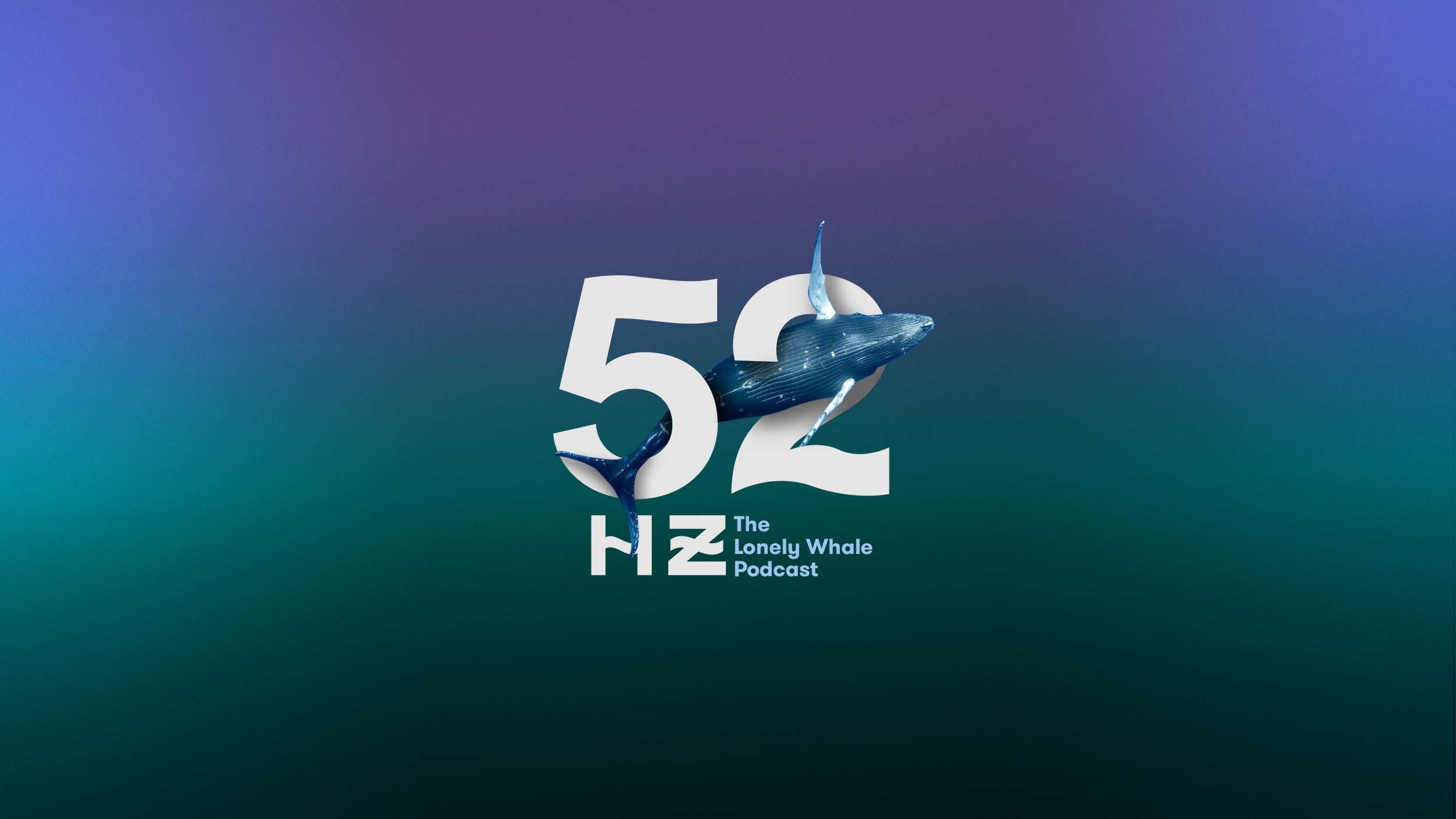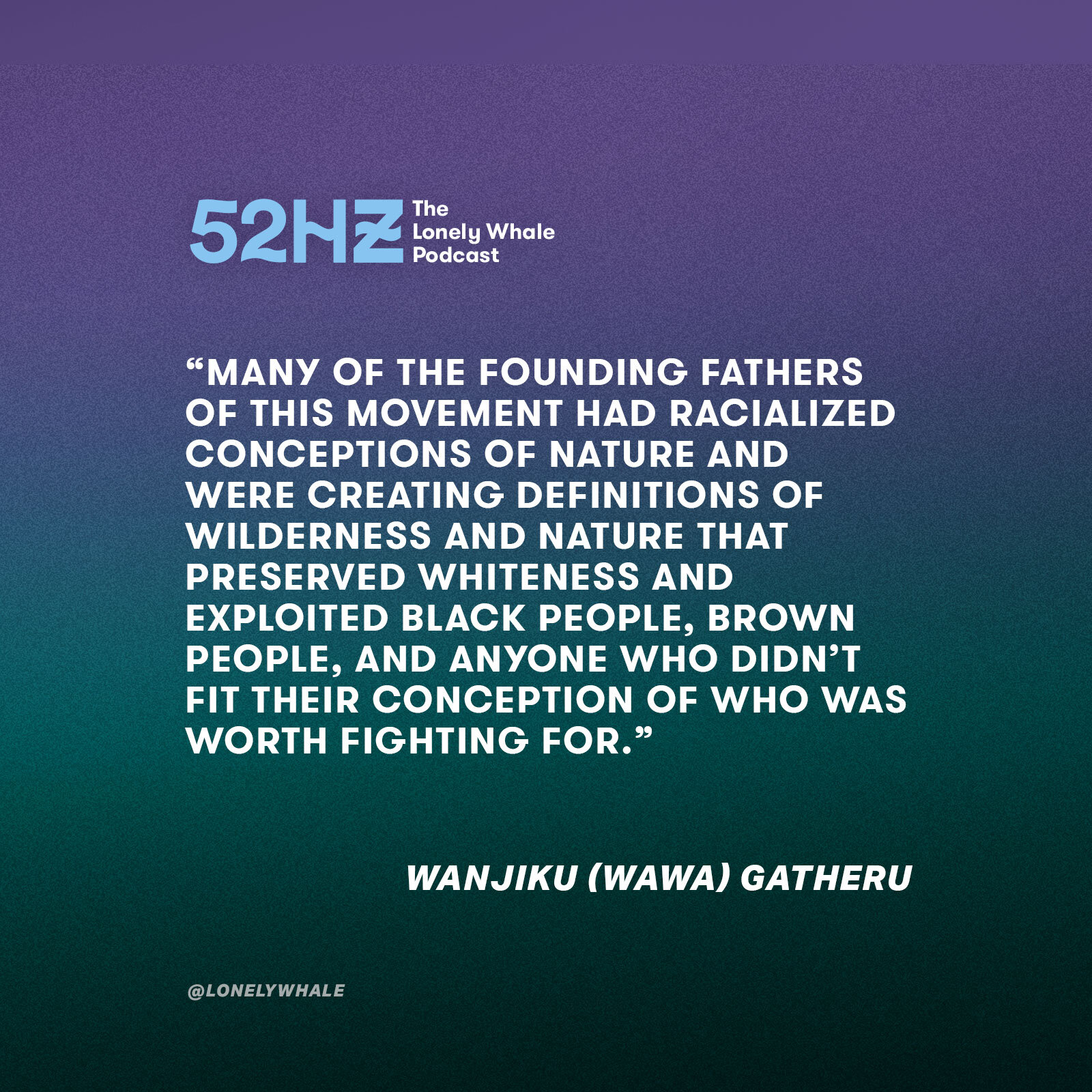
Episode Three: Wanjiku "Wawa" Gatheru
Wanjiku “Wawa” Gatheru is an environmental justice advocate, a recent graduate from the University of Connecticut, and the first Black person in history to receive the Rhodes, Truman, and Udall scholarships.
In this episode, Wawa discusses the need to disrupt the status quo within the environmental movement, calling for the movement to center the experience and expertise of frontline people of color — especially black and brown people who have been historically left out. 52 Hertz host Petrice Jones and Wawa talk food insecurity, environmental literacy, and how the erasure of BIPOC voices in the environmental community perpetuates racism and undermines the very goals environmentalists are trying to achieve.
Only have a few minutes? Skim episode two’s transcript.
Join our mailing list for twice weekly episode premieres delivered straight to your inbox. We’ll share behind the scenes information, our favorite quotes, and more. But while you’re here, read this week’s excerpt from “Good News From Around the Reef.”
Now we all know that knowledge is power, but what we don't always consider is how access to knowledge is controlled and how that can be a form of oppression. And this is unfortunately the case when it comes to environmental studies. It's a field often inaccessible to BIPOC communities. But the good news is we're finally waking up to face these challenges. Journals like Nature are voicing the need for the enterprise of science to end anti-black practices in research. Organizations like The Slow Factory are launching equity centered, open education initiative taught by and for black, brown, indigenous and minority ethnic communities. Conservation groups like the National Wildlife Federation pledged to dedicate part of their fellowship and intern programs to young biologists of color, and programs like The Lonely Whale's very own Ocean Heroes Bootcamp co-founded in 2018 with Captain Planet Foundation and Point Break Foundation to empower youth to take action for our oceans has provided free in-depth training to over 900 youth from diverse backgrounds, spanning 40 plus countries, and representing all 24 times zones.
SUPPORT OPEN EDUCATION, DONATE TO THE SLOW FACTORY FOUNDATION


